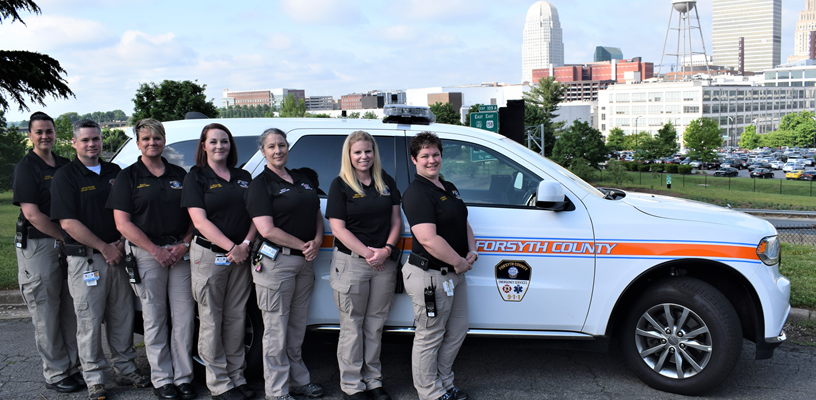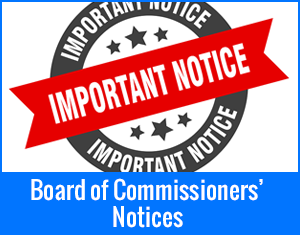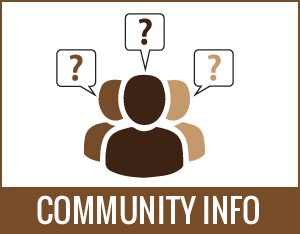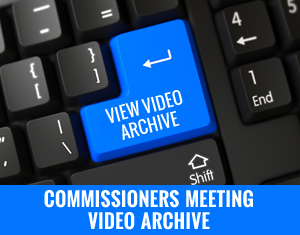
- By Todd Luck
- Posted Thursday, May 30, 2019
Community Paramedics Changing Lives One Patient at a Time
Forsyth County’s community paramedics are working hard not just to save patients, but to also improve their lives by addressing the issues that result in their 911 calls and emergency department visits.
Community paramedics connect pre-hospital EMS patients with resources that definitively address their underlying behavioral, medical and environmental needs to reduce their dependence on the 911 system. They provide connections to local and community services for their patients, giving them more appropriate, specialized care than they’d receive at an emergency room.
This may include connecting them with behavioral health services, getting a patient who just overdosed into a substance use treatment program, or helping a senior citizen manage their medications.
“We really and truly are a combination of emergency medicine, social work, and patient advocacy,” said Community Paramedic Supervisor Captain Brent Motsinger. “We help connect people with the highest and most appropriate level of care to address their needs.”
This Emergency Medical Services program currently has six community paramedics and a supervisor. They use five quick response vehicles with full advanced life support capabilities.
They contact patients who call 911 more than three or four times a month to try to determine their needs and resolve the issues that are causing them to call so frequently. Community paramedics also respond to 911 calls, doing a pre-hospital medical assessment to make sure patients are medically stable and a behavioral health assessment to determine what services they may need.
Between July 2018 and May 2019, community paramedics performed 331 behavioral health assessments, which includes substance use patients, and were able to successfully divert 60 percent of those patients away from the emergency department to more specialized behavioral health resources within the community.
They’ll often work with a patient one-on-one after other first responders have left, establishing trust while providing unbiased, non-judgmental help. Not every patient will take them up on their first offer. If opioid overdose patients don’t want further help, they’ll leave a business card, follow-up information, a list of resources and Narcan, which is an overdose reversal drug. Oftentimes, the patient will call them back in the next few days, after they’ve had time to think about it.
Motsinger said his team fills in the gaps in the health system. They share information, with consent from the patient, between providers who aren’t aware when their patient receives care at an emergency department or elsewhere.
Motsinger said they measure success when the patient no longer has to depend on 911. What it takes to get to that point is different for each patient. He said being a community paramedic means slowing down and getting on the patient’s level to connect with them and understand their needs.
“We are a group of people who truly enjoy helping people live better,” said Motsinger.






